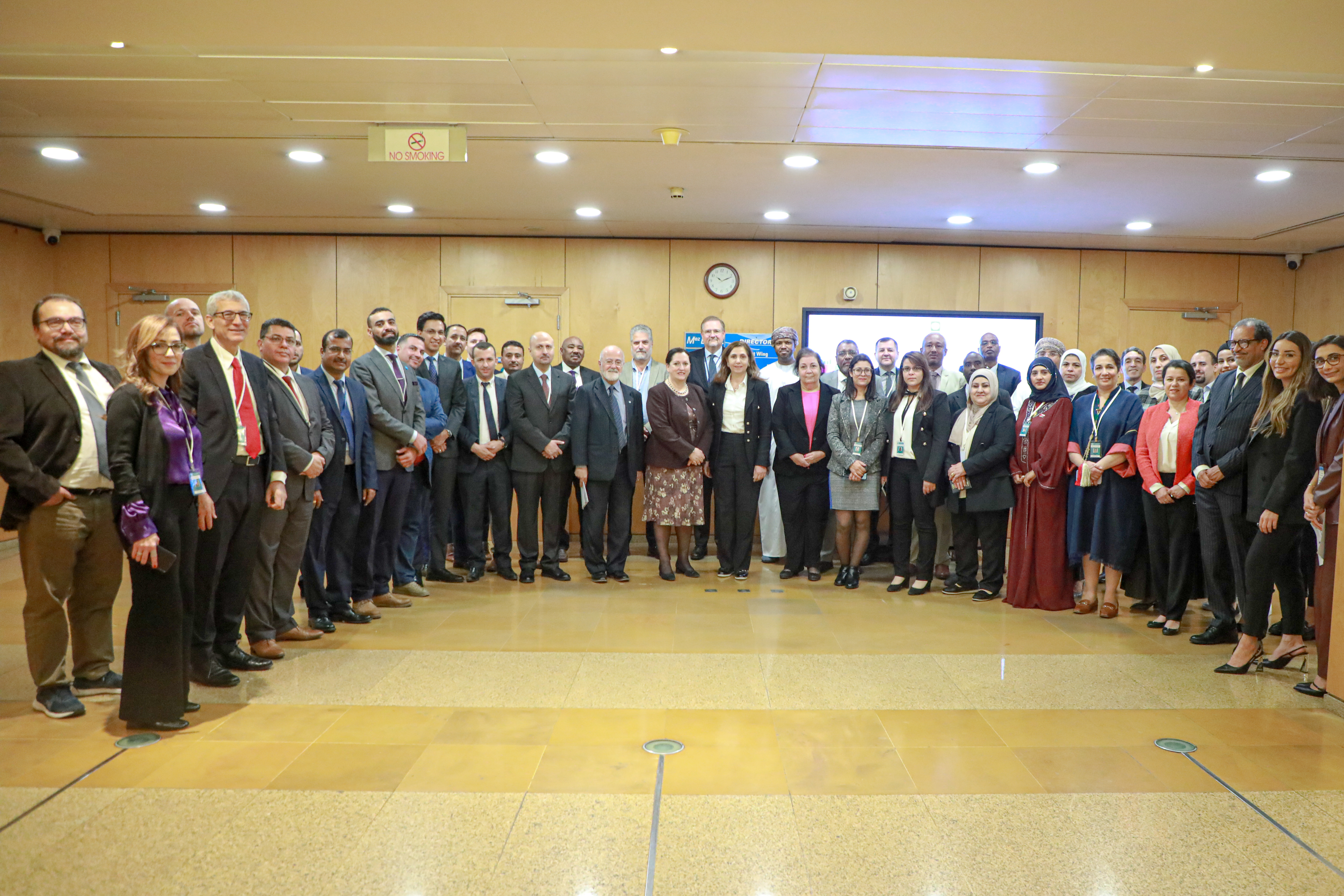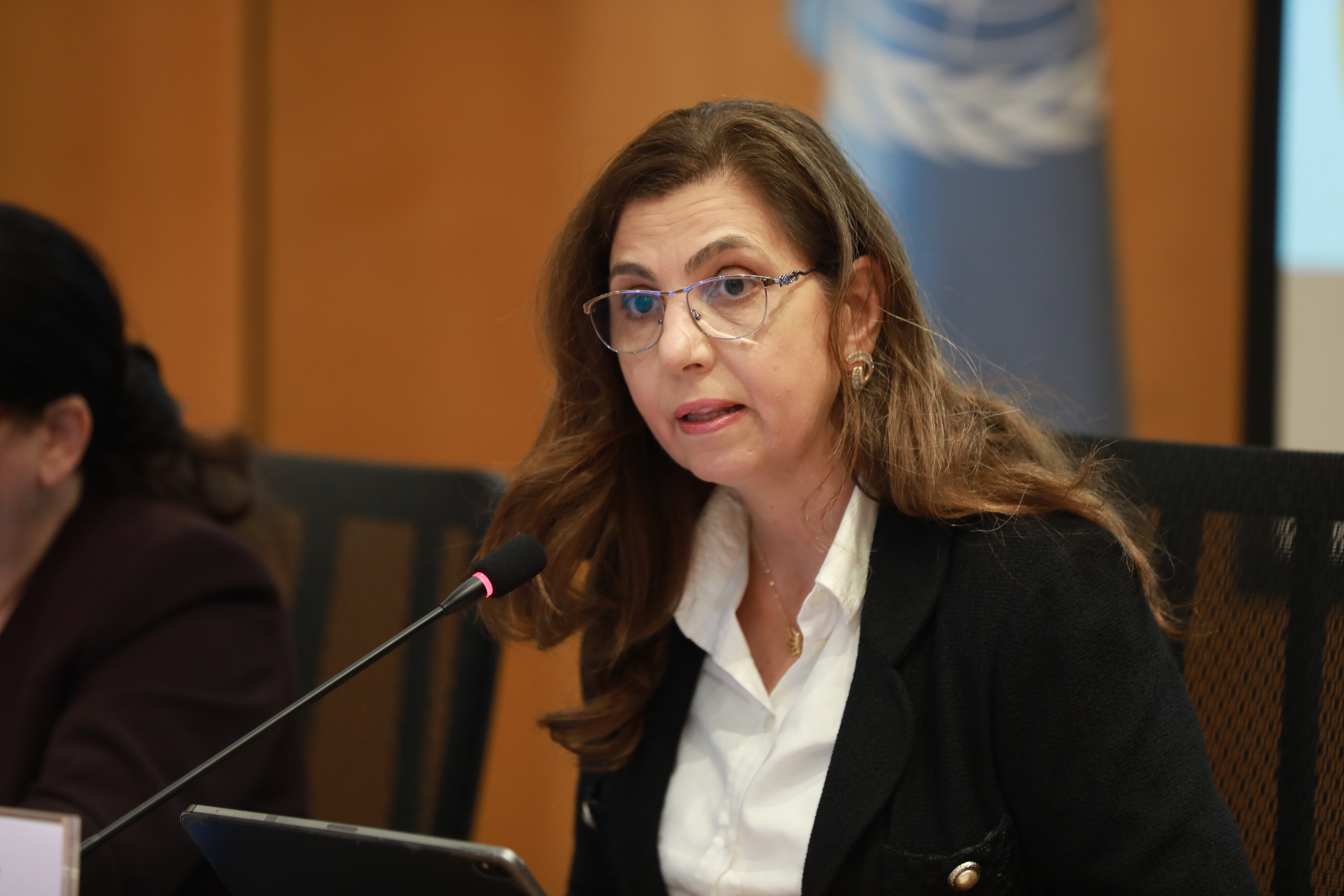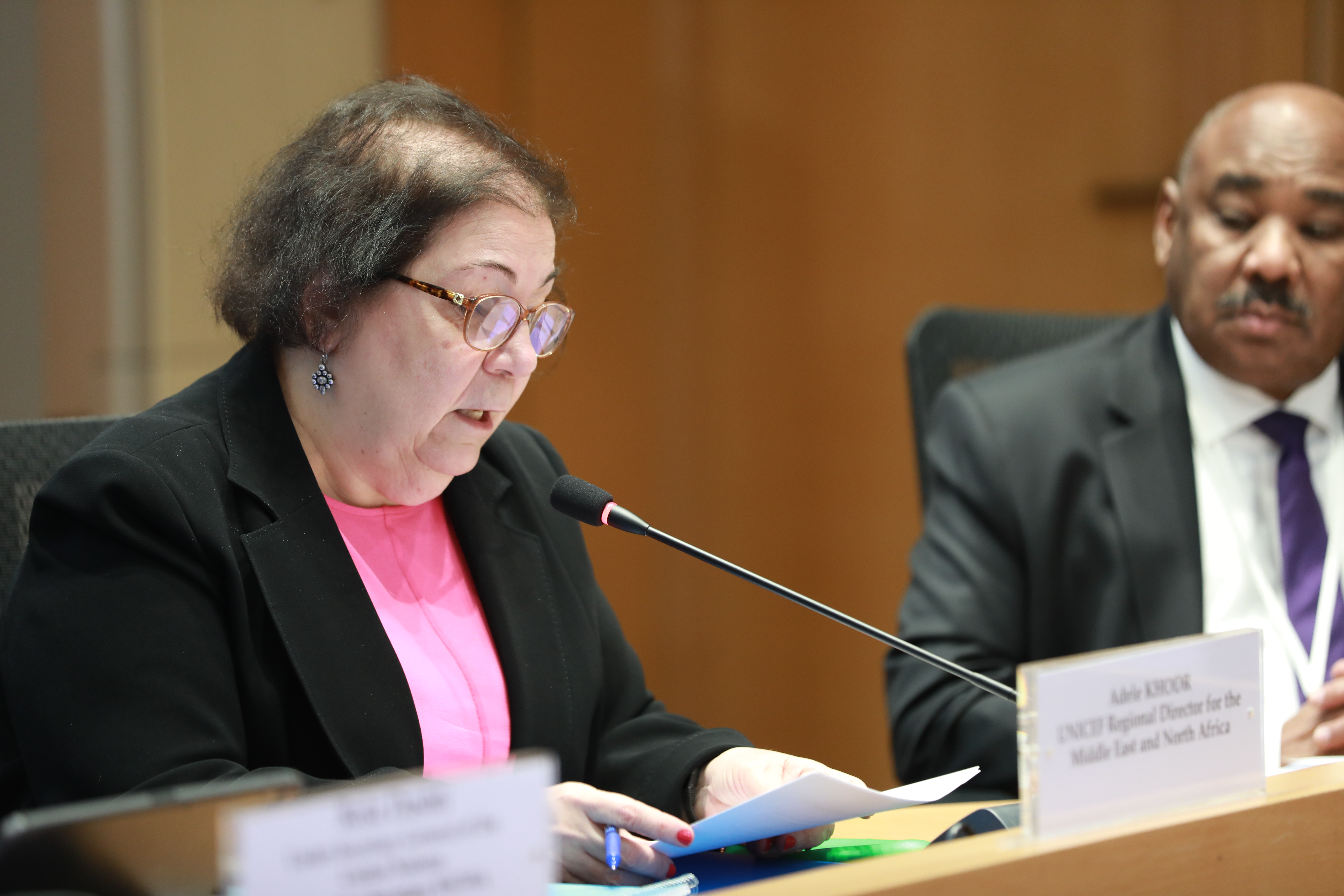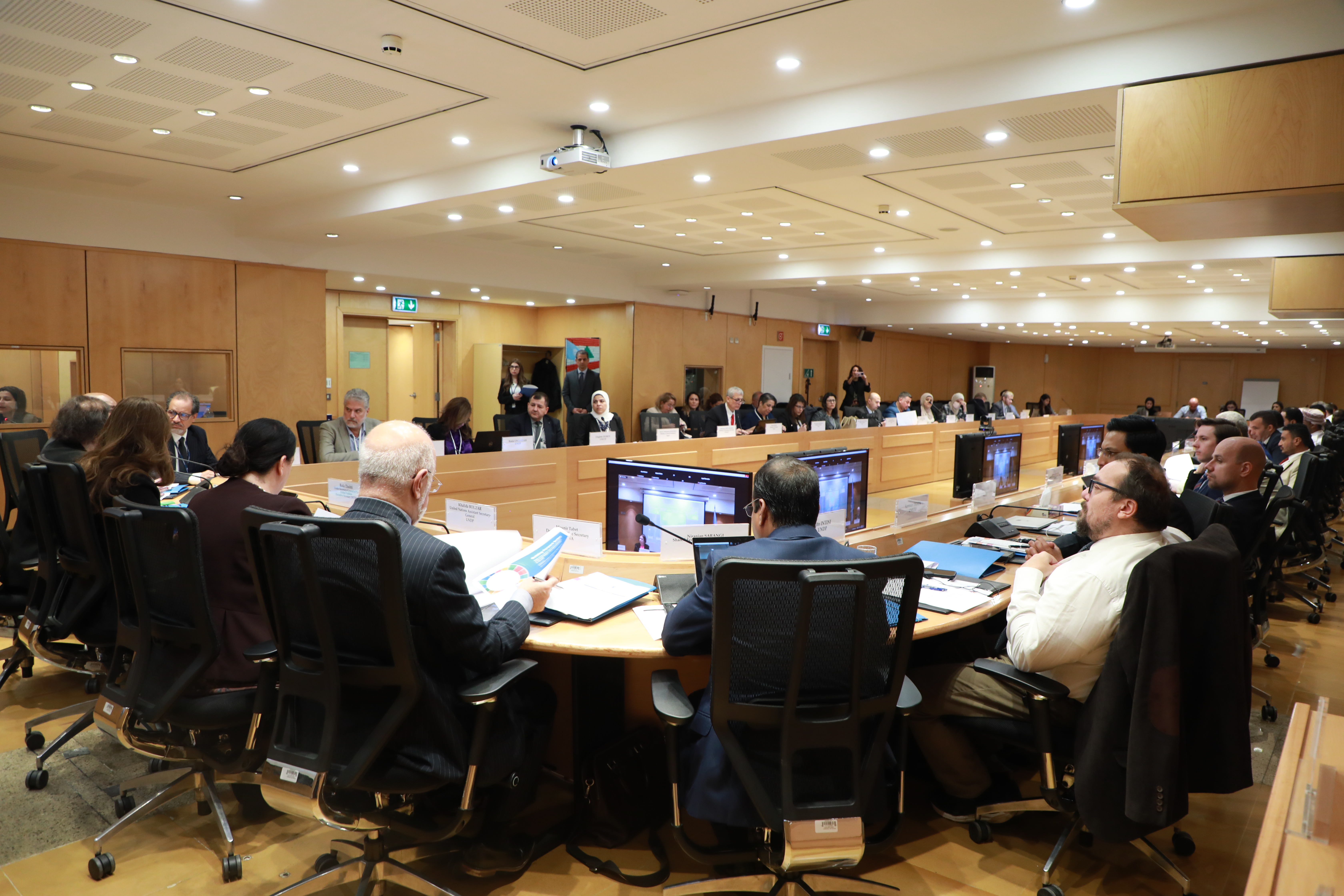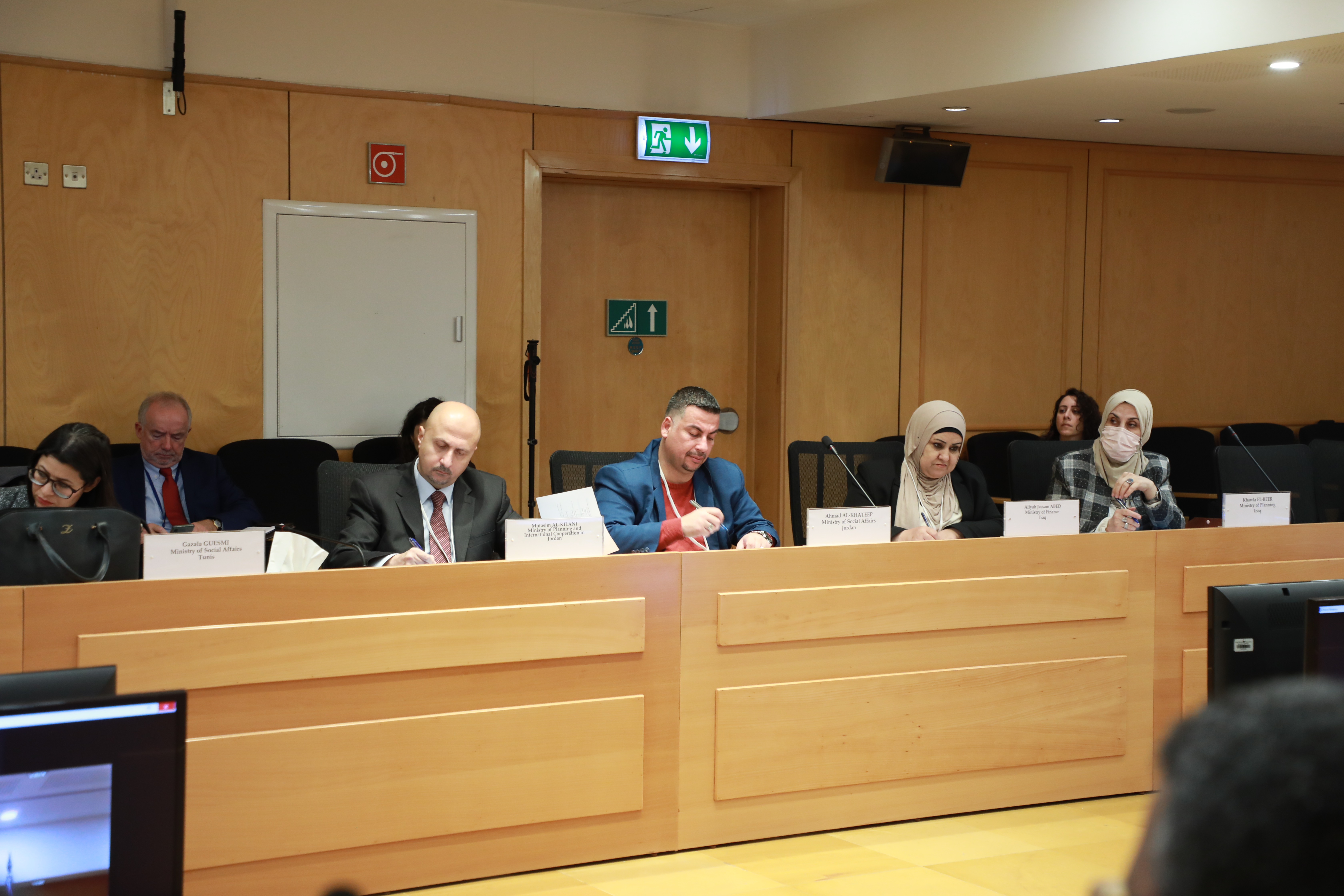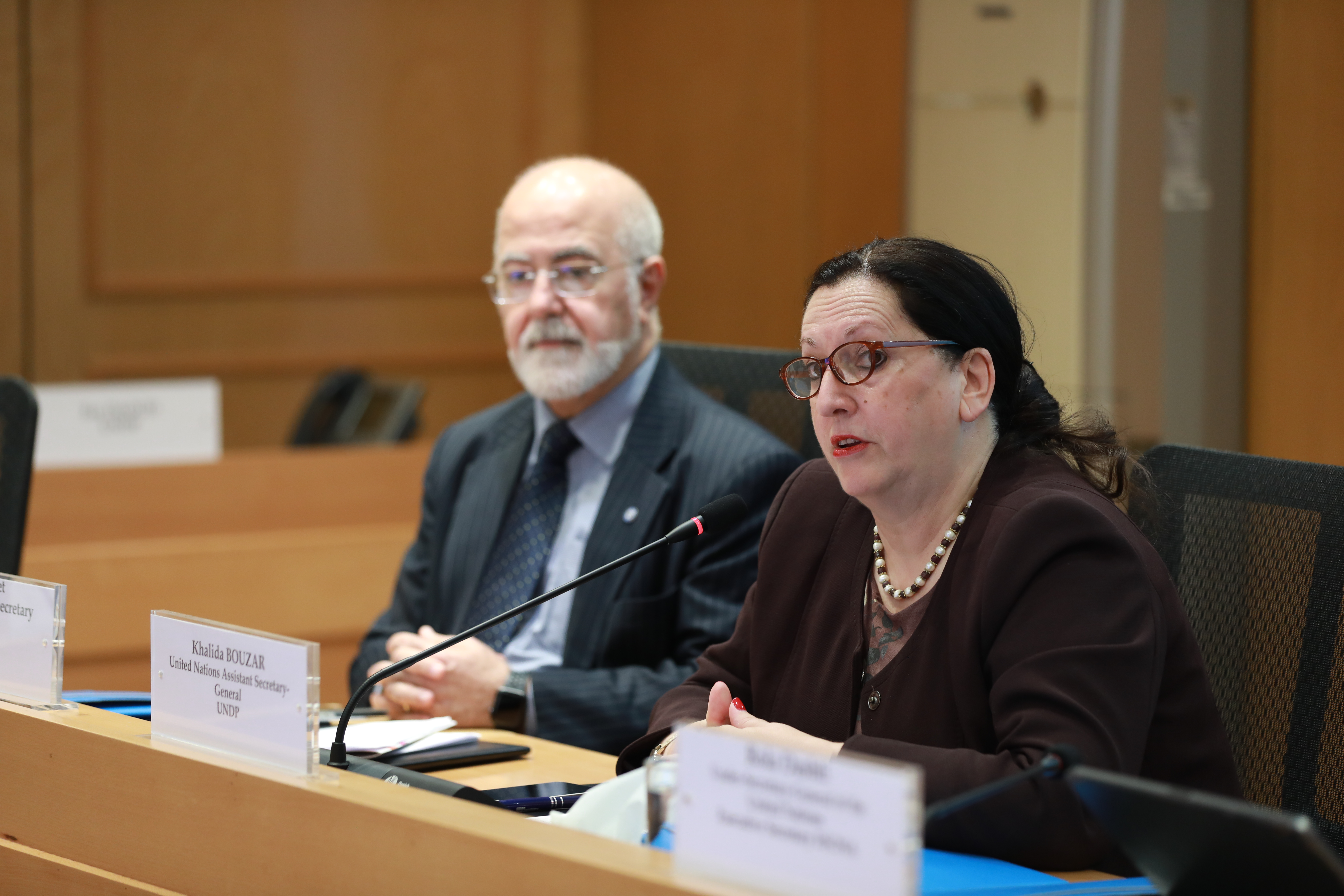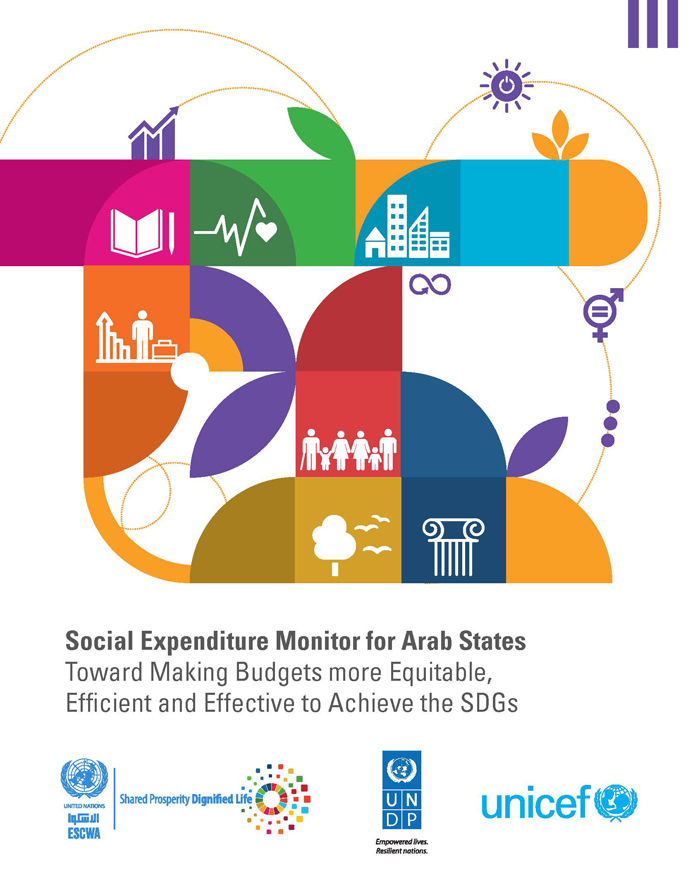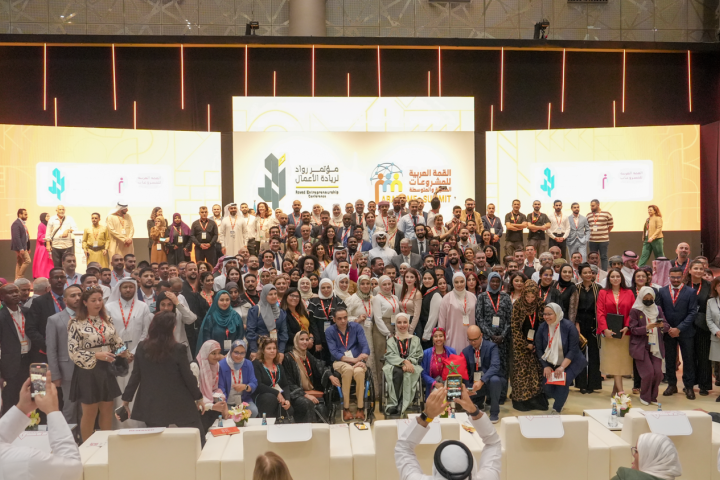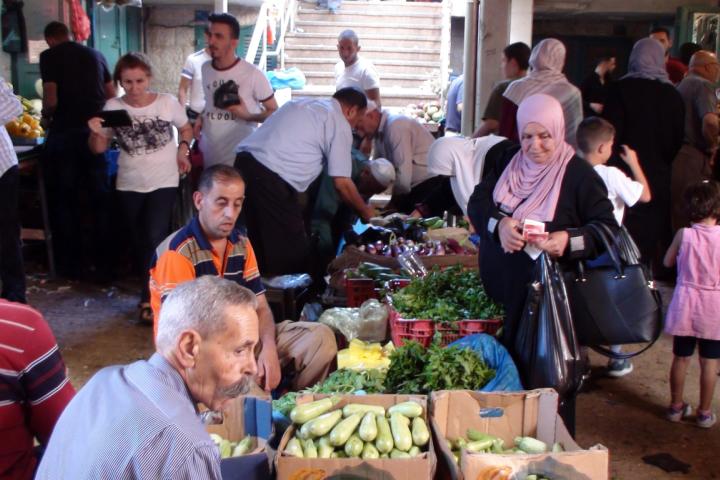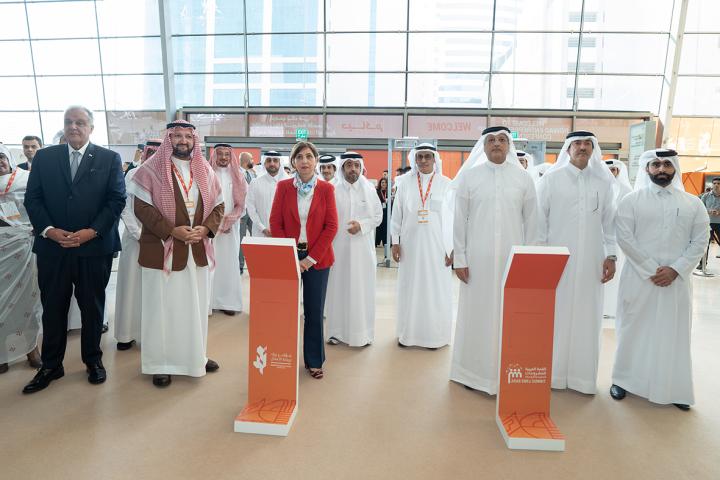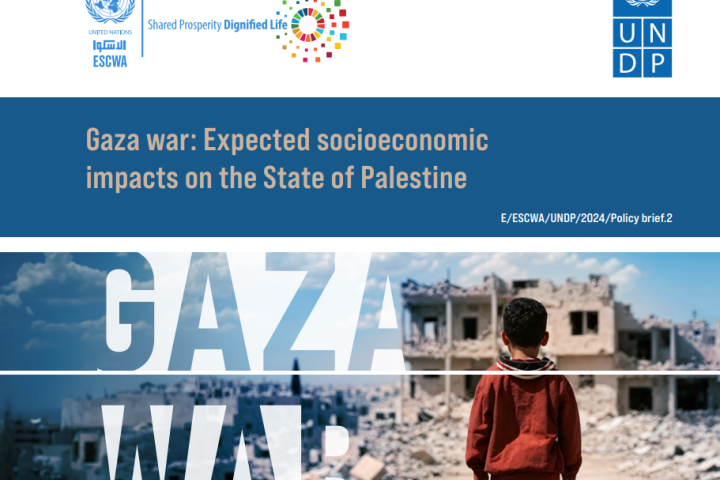Amman/Beirut, 24 November 2022--Public spending in the Arab region, measured as a share of GDP, has remained virtually unchanged over the past decade at 34 per cent, only one percentage point below the global average. With the outbreak of the COVID-19 pandemic in 2020, the global average rose to 40 per cent, while the regional average only increased by two points to nearly 36 per cent, due to the narrow fiscal space and shrinking incomes that the region's economies face. These are some of the findings of a new report issued today by the Economic and Social Commission for Western Asia (ESCWA), the United Nations Development Programme (UNDP) and the United Nations Children's Fund (UNICEF).
The report, titled “Social Expenditure Monitor for Arab Countries: Towards Making Budgets More Equitable, Efficient, and Effective to Achieve the Sustainable Development Goals,” is based on a tool developed by ESCWA to support decision makers in enhancing the efficiency of social spending in Arab countries and directing it in a meaningful and “smarter” way to support national development priorities.
Rola Dashti, Executive Secretary of ESCWA, stressed that public spending in social fields in Arab countries was not only low compared to the world average in terms of volume and insufficient in relation to needs, but it was also below the world average in terms of efficiency. She underscored that raising the efficiency of public spending to the global average could provide additional liquidity, reaching up to $100 billion annually for the Arab region.
The report provides a comprehensive assessment of spending on social policies in the countries of the region. It offers a detailed analysis of trends and challenges, and recommendations on ways to rearrange priorities and direct social allocations to important areas with long-term positive impacts on social capital and the economy, and to improve monitoring of spending and evaluation of its efficiency. According to the report, social spending is a pillar of the well-being of individuals and society, an engine of progress in the fields of education and health, and a way to protect vulnerable groups.
UNDP Director of the Regional Bureau for Arab States, Khalida Bouzar, indicated that the large funding gaps that several Governments in the Arab region faced in their pursuit of achieving the Sustainable Development Goals confirmed the importance of the report’s recommendation on the need to rearrange public spending priorities and improve the alignment of public budgets and fiscal policies of the region with the development goals, to support efforts to reduce poverty and inequalities and create job opportunities for all—a critical basis for building sustainable and resilient economies.
The report shows that Arab countries allocate huge amounts of money to subsidies, which represents a chronic pattern of unfair spending that is not directed towards the formation of human capital. The other worrying trend is that about 80 per cent of social spending in the region goes to current expenditures on wages, salaries and public transfers, while the percentage allocated to health, education and social protection does not exceed 8 per cent. Despite the progress made in Arab countries in expanding access to education and health care, these efforts have not translated into better outcomes in these areas.
UNICEF Regional Director for the Middle East and North Africa, Adele Khodr said that at a time when social spending, especially focusing on the poorest and most vulnerable segments of the population was most needed, public finances were under greater stress than ever in the region. Launching this joint report aimed to provide a solid evidence base to make the case to prioritize social sector budget allocations, whilst also ensuring such financing is used in the most efficient and equitable manner to achieve better outcomes, especially for the most vulnerable.
In light of the increasing burdens of debt on Arab countries, the report recommends improving local tax revenues by increasing the ability to collect taxes, enhancing tax fairness and the progressive nature of taxes, in addition to controlling illicit financial flows, provided that these efforts are linked to increased investment in public services that enhance confidence of taxpayers. The report also recommends utilizing innovative debt relief tools, such as debt swaps for climate action financing and projects that accelerate the achievement of the Sustainable Development Goals.
***
For more information:
In ESCWA
Maryam Sleiman, Public Information Assistant, +961-81-769-888; sleiman2@un.org
Rania Harb, Public Information Assistant, +961-70-008-879; harb1@un.org
In UNDP
Noeman AlSayyad, Regional Communication Advisor, +962 (79) 567 290, noeman.alsyyad@undp.org
In UNICEF
Salim Oweis, Communication Officer, +962 (79) 9365212 , sowies@unicef.org
Mohammad Hawari, Communication Officer, +962 (79) 7564604, mhawari@unicef.org
About ESCWA
One of five United Nations regional commissions, ESCWA supports inclusive and sustainable economic and social development in Arab States, and works on enhancing regional integration.
About UNDP
UNDP is the leading United Nations organization fighting to end the injustice of poverty, inequality, and climate change. Working with our broad network of experts and partners in 170 countries, we help nations to build integrated, lasting solutions for people and planet.
About UNICEF
UNICEF works in some of the world’s toughest places, to reach the world’s most disadvantaged children. Across more than 190 countries and territories, we work for every child, everywhere, to build a better world for everyone.
